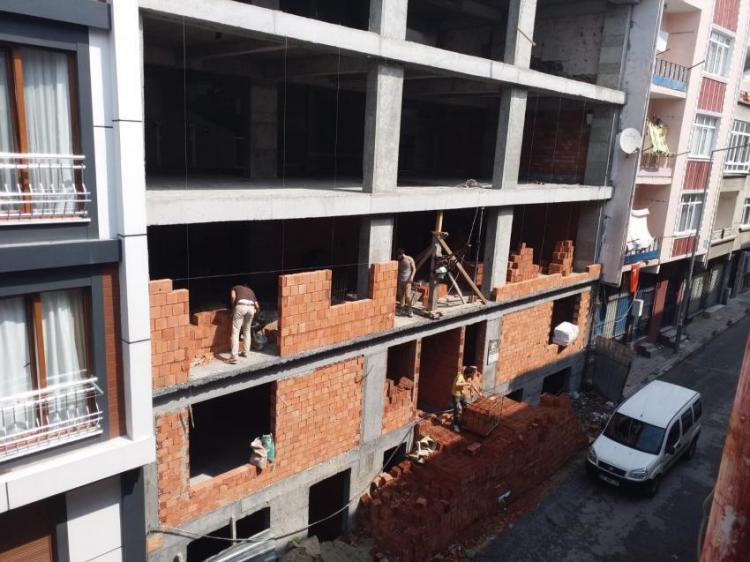Turkish employers exploit our condition, devalue our rights – Syrian workers
ISTANBUL, Turkey (North Press) – A number of Syrian refugee workers in Turkey claim that most Turkish employers are fraudsters in regards to paying wages, without knowing the reasons behind such actions against the employees, who eagerly await the end of the week or the month to receive their salaries.
Syrian worker Omar Khalil, who works in a wholesale store in Istanbul, told North Press that "70% of Syrians are deprived of their rights and subjected to fraud by Turkish employers, and they can not find a responsible party to help them restore their rights."
Khalil explained that if he wanted to file a complaint, the responses would be: "We have nothing to do with you. Go and manage your matters yourself because you do not have any legal papers proving that you work for a Turkish person."
Difficulties
Most difficulties facing unregistered Syrians and illegal workers, "are low salaries, long-hour jobs, delayed salaries, or dividing the salary into batches," according to Khalil.
Regardless of the Syrian worker’s sincerity and diligence at work, he feels the discrimination between him and the Turkish worker. The latter's rights are always reserved, while the Syrian worker's rights are always stripped, according to the source.
In this regard, the Syrian worker Ahmad Marawi, who works in sewing in Istanbul, told North Press that "the big problem facing Syrian workers is that whenever the work temporarily stops due to emergency conditions or Turkish government decisions, the employer immediately fires the Syrian worker without paying him his entitlements or even compensation that helps him until he gets a new job. This is a characteristic of all Turkish employers."
Evasiom
Turkish employers often avoid registering Syrian workers for social insurance, or creating an official work permit document for him, fearing the commitments required by the state. Syrian workers always remain the victim who are forced to work despite the lack of rights, while the Turkish employer addresses the Syrians by saying, “this is the only available opportunity, either take or leave it, because there are many who need a job."
Exploitation of workers
Ali Zakour, a Syrian worker who traveled to Istanbul to work in building and portage, told North Press that exploitation of Syrian workers is widespread in Turkey, and that "there is no difference between a boy, a young man, or an elderly man, the Turkish employer exploits them all."
Zakour added that "many Syrian workers, whether under 18 or above 40, are exploited in terms of the salary's value. Turkish employers stipulate that they work for 12 hours for less than 2,000 Turkish lira."
He pointed out that "one of the most notable types of exploitation is against those who want to learn a profession, so they are given a work with the lowest salary and long working hours, while those who get a salary of 1500 TL per month, are considered lucky."
Since the outbreak of the coronavirus crisis in Turkey last March, Syrian workers have been the most severely affected, with no work, no aid, or financial support that secures their daily needs.
To make matters worse, when the factories reopened, Syrian workers who went to search for a new job opportunity were shocked by the conditions imposed by Turkish employers.
Syrian worker Talal Hamwi, who became unemployed after working in Turkish sewing workshops, told North Press that "at the time of the coronavirus crisis, most workshops closed and we were forced to stay at home, unemployed. After normal life returned, I searched for a job, but Turkish employers required that I work for half the salary that I was previously receiving, under the pretext that things differed after coronavirus, which reveals a clear exploitation of the Syrian worker.”
According to Turkish government statistics, Turkey houses about 3,700,000 Syrian refugees, the majority of whom complain about the absence of a party supporting them. This is in addition to other problems such as obtaining official documents that allow them to travel between Turkish cities, issuance of work permits, and the transfer of Kumluk ( a temporary protection card for Syrian refugees in Turkey) and other issues, which made a large percentage of Syrians wait for the opening of borders to head towards Europe seeking a decent life and preserved rights.

